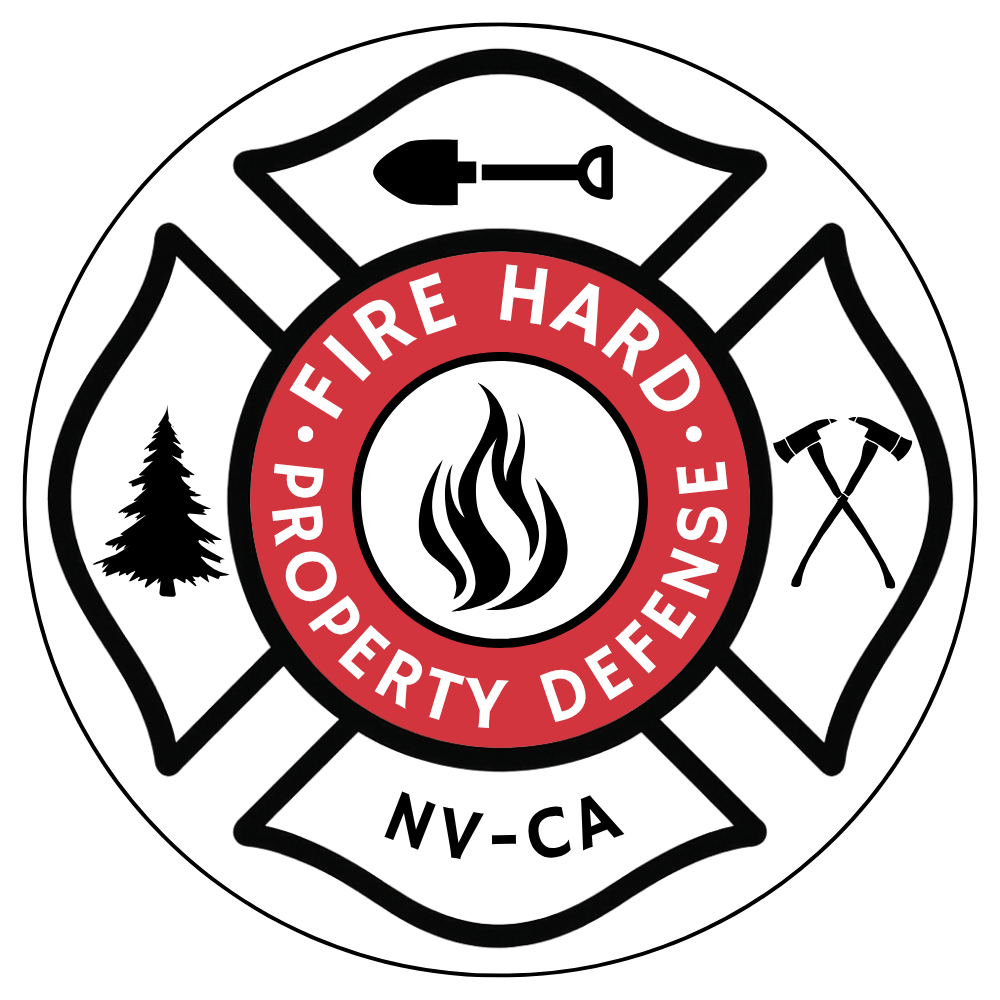The Role of Community Fire Hardening: How Neighborhoods Can Protect Each Other
Fire hardening isn’t just about protecting your own home—it’s also about protecting your entire community. When neighbors work together to create defensible space, implement fire-resistant measures, and share resources, they can significantly reduce the risk of wildfire destruction for the community.
1. Collective Defense
Fires don’t recognize property lines, and an uncontrolled blaze can quickly spread from one home to the next. By creating a fire-safe neighborhood, you help prevent the spread of fire across multiple properties.
2. Shared Resources and Knowledge
Organizing neighborhood fire hardening efforts allows homeowners to share resources and knowledge. You can collaborate on bulk purchases of fire-resistant materials, landscaping tips, or even fire safety training sessions. Fire Hard Property Defense offers ‘Good Neighbor’ discounts!
3. Strengthening Emergency Response
A community-wide approach improves emergency response times, increases defense success rates, and makes it easier for first responders to access homes in case of a fire. A well-organized neighborhood can evacuate more efficiently, reducing chaos during a wildfire event.
4. Improved Fire Safety Awareness
Community fire hardening initiatives raise awareness about wildfire risks and safety measures. Educating neighbors on the importance of defensible space and fire-resistant landscaping can lead to more comprehensive fire prevention for everyone.
5. Building Resilience
When entire neighborhoods implement fire hardening measures, the community becomes more resilient to wildfires. This collective approach ensures that homes are better prepared, and everyone benefits from a safer environment.
Community fire hardening creates a powerful network of defense against wildfires. By working together, neighborhoods can protect each other and reduce the overall risk of devastation.

